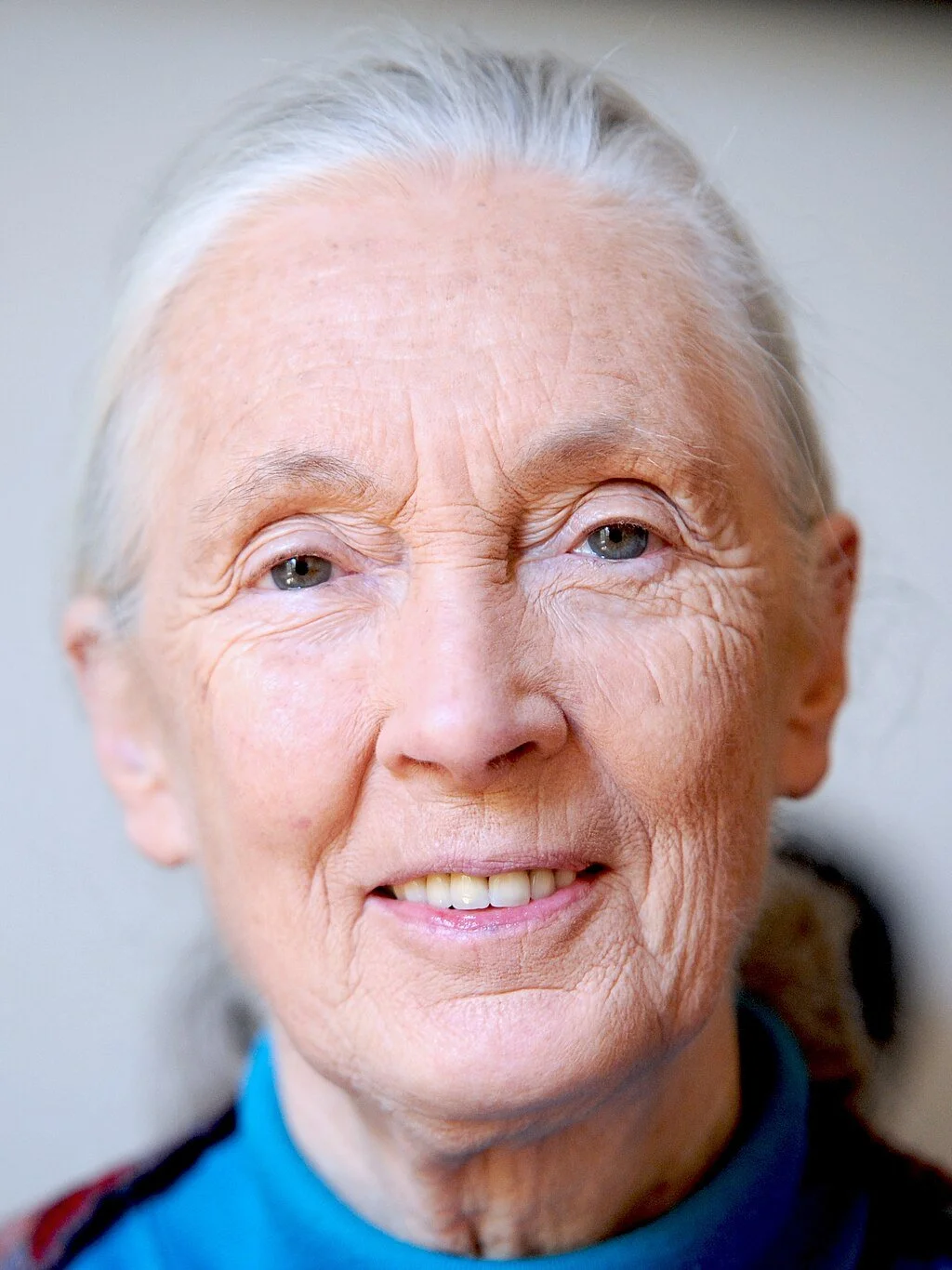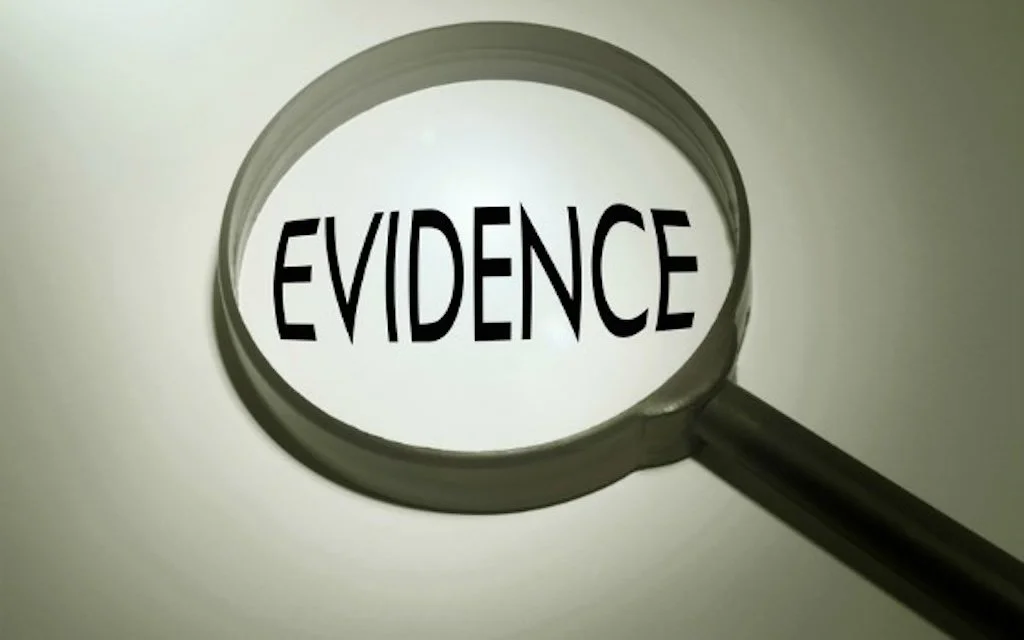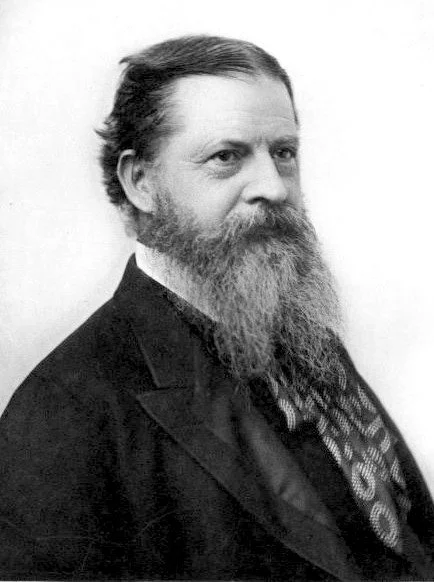Public Ambivalence and Scientific Truth
American Ambivalence
Americans are ambivalent about higher education. On the one hand, we celebrate scientific breakthroughs, lionize college athletes, and try to send our kids to “the best schools.” On the other hand, we regularly reject scientific expertise (e.g., climate-change denial, vaccine skepticism, and historical conspiracy theories); often regard higher education as a “luxury” that doesn’t deserve our tax dollars; and treat universities as little more than training grounds for “good jobs” and “successful careers.”
“The Bostonians Paying the Excise-man, or Tarring and Feathering” (1774). Print by Philip Dawe, via Wikimedia Commons
Such conflicting attitudes make it easy for demagogues like Donald Trump to tar academics with the “elitism” brush and feather them with threats of ideological control. Just this week we learned that the White House has urged nine universities to enter a “compact” to support Trump’s political agenda in return for continued federal research funding. The intent, according to Michael C. Bender’s article in the New York Times, is to extend this compact to all colleges and universities if the first nine respond favorably. As Erwin Chemerinsky observes, “This is extortion, plain and simple,” and every university should reject it.
It's hard to imagine a more blatant attack on the independence and legitimacy of American universities and on the values of truth, freedom, and solidarity they’ve traditionally upheld. But authoritarian populists could not get away with such political coercion if the American public were not so ambivalent about why we have universities and why they matter.
Confusion Clarified
Jane Goodall, June 22, 2010. Photo by Nikeush, via Wikimedia Commons
At the center of this ambivalence lies our confusion about scientific truth, about what scientific truth is and why it’s important. My previous three posts have laid groundwork for addressing this confusion. Attacked Academy Is Tongue-Tied about Truth sketches a roadmap for responding to authoritarian populist attacks on American universities. Reclaiming Robust Truth under Authoritarian Assaults explains what ordinary propositional truth is like and why it’s important. Thinking Straight and Loving the Truth explores the relation between propositional truth and what I call truth as a whole. The late Jane Goodall both understood and lived this relation.
Now I can narrow my focus to scientific truth and its relation to ordinary propositional truth. If you’ve read the previous posts, you’ll recall that I use “science” in a broad sense to include all academic disciplines: mathematics, natural sciences, social sciences, and the humanities. You’ll also remember that I characterize propositional truth—the truth of beliefs, assertions, propositions, and the like—as involving a dynamic correlation between our being faithful to the societal principle of logical validity and our pursuing accurate insight into the matters we need to understand. This dynamic correlation between inferential validity and accurate insight echoes and participates in the pattern of truth as a whole, which I have characterized as the historically rooted and future-oriented correlation between (1) human fidelity to societal principles and (2) a life-giving disclosure of society.
The challenge for such a comprehensive, normative, and future-oriented conception of truth as a whole is to show how it helps us make sense of different sorts of truth. My leading hypothesis is this: different sorts occur in distinct social domains such as science, politics, art, and religion. In each social domain, truth displays a specific correlation between fidelity and disclosure. And each specific correlation participates in the dynamic correlation between fidelity and disclosure in truth as a whole.
Science and Propositional Truth
Science is the social domain where we pursue heightened propositional truth. That’s what distinguishes it from art, religion, and other social domains of truth. Science in the broad sense is the social domain where we take the ordinary dynamic correlation between inferential validity and accurate insight to a new level, as both an increase in intensity and a change in quality.
Marie Curie (c1920), the first person to be awarded two Nobel Prizes (Physics in 1903, Chemistry in 1911). Photo by Henri Manuel, via Wikimedia Commons
This heightening of propositional truth occurs via four features of scientific knowledge: (1) an emphasis on proposing, testing, and revising theories (theoreticity); (2) an insistence on adequately grounding theoretical truth claims in appropriate interactions with the objects of investigation (evidentiality); (3) a heightened awareness that scientific claims are made to be tested and contested (discursive reflexivity); and (4) a predisposition to acknowledge and learn from collectively recognized mistakes (intersubjective fallibilism). My book Social Domains of Truth describes these features at greater length. Let me briefly consider how each helps inform the type of truth that science seeks.
Theoreticity
Cover of the first hardcover edition of A Theory of Justice (1971), by American political philosopher John Rawls.
The theoreticity of science heightens the decontextualization that the truth of propositions already involves. As the abstract contents of assertions, propositions emerge when assertions are taken up in discussion and debate. The pursuit of theoretical knowledge heightens such abstraction. Theoretical inquiry requires that the logical practices of identifying, distinguishing, and relating occur within the framework of an inherently abstract theory. Theoretical inquiry unavoidably removes logical practices from their ordinary embedding in lived experience.
So too, on the side of the objects we know, theoretical inquiry necessarily stages the object so that it can present itself as a pure state of affairs. Removed, via experimentation and other methods, from many connections with other objects, the objects of theoretical inquiry are staged to self-disclose under a single aspect of their existence or within a specific type of existence. They present those characteristics and relationships for which they have been deliberately staged but not necessarily others they display when not so staged. The features that show up when dogs are studied by geneticists are not necessarily those which show up for either ecologists or ethologists. Usually they are not the features most prominent for pet owners either. Scientific truth is a heightened type of propositional truth, heightened in its abstraction from the ordinary practices and objects of propositional knowledge.
Evidentiality
Photo by aquarius83men/Fotolia
Scientific evidentiality also takes the availability of the object to a different level. I’ve claimed that the correctness of assertions is sustained by the alignment between an object’s predicative availability and other relevant aspects of an object’s practical availability. I call such alignment the predicative self-disclosure of a practical object.
This interwoven practical underlayment to the carpet of propositional truth receives new delineation and firmness in the practices of scientific inquiry. Scientific claims are not ordinary assertions, and the objects to which they pertain are not ordinary practical objects. Instead, these are theoretically framed assertions about deliberately staged objects. The type of objective availability pertinent to making and confirming scientific assertions is methodically controlled, in accordance with procedures designed and shared within a community of inquiry.
In this respect, too, scientific truth takes propositional truth to a different level. Instead of an ordinary alignment between predicative and nonpredicative aspects of a practical object’s practical availability, the truth of scientific assertions points to an extraordinary alignment between theoretically framed and methodically controlled features of a virtualized object or range of objects. Scientific truth thereby provides both precision and scope that nonscientific assertions often lack.
Discursive Reflexivity and Intersubjective Fallibilism
Hannah Arendt (1958), one of the most influential political theorists of the twentieth century. Photo by Barbara Niggl Radloff, via Wikimedia Commons
So too, the discursive reflexivity of scientific knowledge gives much more prominence to the calls for inferential validity and propositional accuracy than they have in nonscientific thought. For in science, it’s not simply a matter of being ready to justify propositional truth claims when these are challenged. Rather, the very formulation and presentation of such truth claims occur with a view to possible objections and refutations, to their falsifiability.
The scientific enterprise thereby highlights the need for validity and accuracy in ways that ordinary thought does not. Characteristically, scientists argue for their assertions, and they’re expected not to present as scientific claims assertions they cannot argue for. They also provide evidence when they make their assertions, and they’re expected not to present as scientific claims assertions for which they have no evidence.
Science, then, sets the discursive bar high—much higher than in daily life. For to seek truth in science requires the pursuit of evidence-based accuracy and discursively arguable validity, both of them informed by the theoretical framework and investigatory staging that a specific academic discipline provides. As the correlation of evidence-based accuracy and discursively arguable validity, scientific truth is a heightened version of propositional truth.
Charles Sanders Peirce (1891), the American philosopher who coined the term “fallibilism.” Photo by Napoleon Sarony, via Wikimedia Commons
Because the accuracy and validity of scientific truth claims must be based on evidence and be discursively arguable, scientific knowledge also features intersubjective fallibilism. There is a continual push within scientific inquiry to find better evidence along with a constant pull toward better arguments. Both the push and the pull happen via interaction with other qualified inquirers.
This readiness for peer-tested revision heightens the tentative quality of ordinary propositional truth claims. In ordinary speech and conduct, although we properly recognize that our assertions might be inaccurate or unjustified, we don’t usually seek to be refuted. Scientists, by contrast, properly do present their assertions for possible refutation. In a paradoxical way, the heightening of propositional truth in scientific truth also increases the tentative manner in which scientific truth claims are properly made. Scientific truth claims are intrinsically refutable.
Scientific Truth
Given these four features of scientific knowledge, we can characterize scientific truth as follows. Scientific truth is the dynamic correlation between evidence-based accuracy and discursively arguable validity that scientists collaboratively achieve via theoretically framed assertions about the predicative self-dis/closure of investigatively staged objects. Not exactly material for a bumper sticker, but I hope true, nonetheless.
Photo by Lauren Mitchell on Unsplash
Scientific truth, when it is achieved, heightens the decontextualization, objective availability, discursivity, and fallibility that characterize the ordinary truth of propositions, intensifying these features to the point that they become different qualities. Achieving such heightened propositional truth is, I submit, the task of science, in the broad sense, as a social domain of truth. And, as I plan to show in a subsequent post, this task explains both the social legitimacy of science and the importance of independent universities.
There’s no guarantee that authoritarian populists won’t win out in the end. But resisting their attacks on American universities requires more than simply upholding academic privileges and institutional self-interests. It requires a fulsome embrace of the truth and freedom and solidarity that inspire legitimate and important academic work.
Note: I have a list of regular readers whom I notify when a new blog post is published. If you are not on that list and wish to join us, please let me know via the Contact button at the top of this page.







